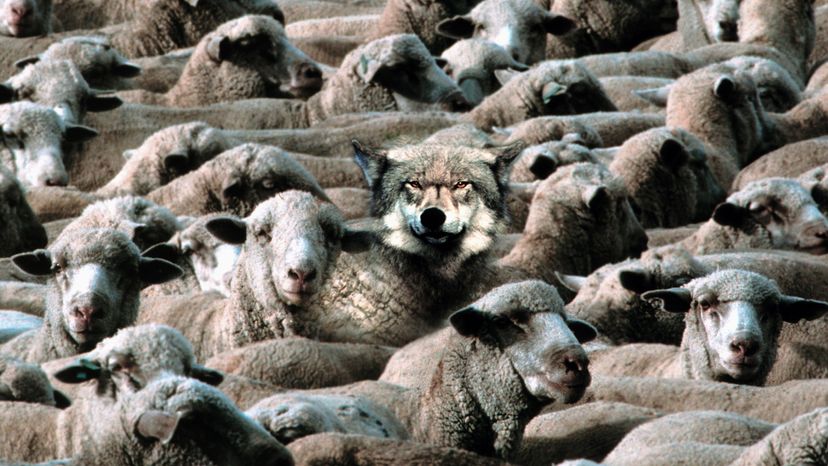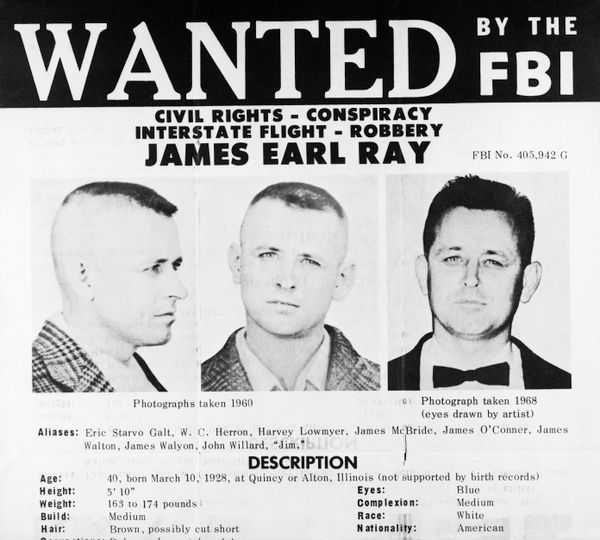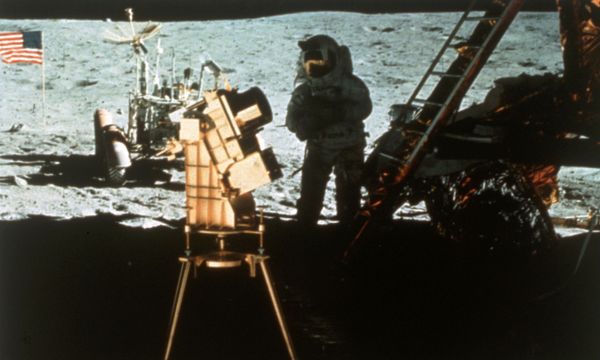
Key Takeaways
- Studies show a significant correlation between the tendency to perceive patterns in random sequences and a stronger belief in conspiracy theories and supernatural phenomena.
- Exposure to conspiracist or paranormal content can increase pattern perception, indicating that beliefs can be influenced by the information people consume.
- While recognizing patterns is crucial for understanding the world and avoiding mistakes, seeing patterns where none exist can lead to irrational beliefs.
9-11 was an inside job. The moon landing was faked. Vaccines cause autism. These are just a few of the most well-known conspiracy theories perpetuated by otherwise intelligent, everyday people. But why do some people believe these things and others don't? Scientists are one step closer to figuring that out, and it appears that the answer lies within the brains of the theorists' themselves, which affects how they see they world.
Scientists had long hypothesized that conspiracy theory belief (which the researchers of a new paper define as "the assumption that a group of people colludes together in secret to attain evil goals") was due to a phenomenon known as "illusory pattern perception" — seeing patterns where none really exist. But few studies had been done to support this. So, the British and Dutch scientists conducted a series of experiments to fill that void. Their paper was published recently in the European Journal of Social Psychology.
Advertisement
Advertisement

